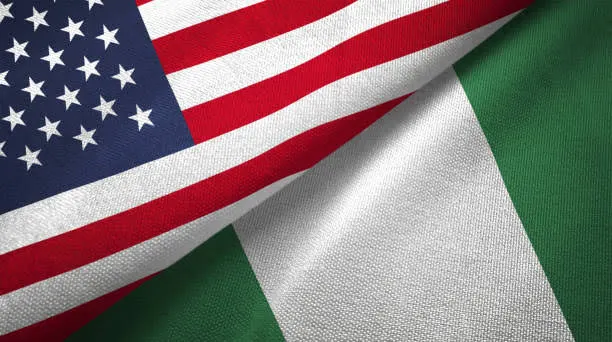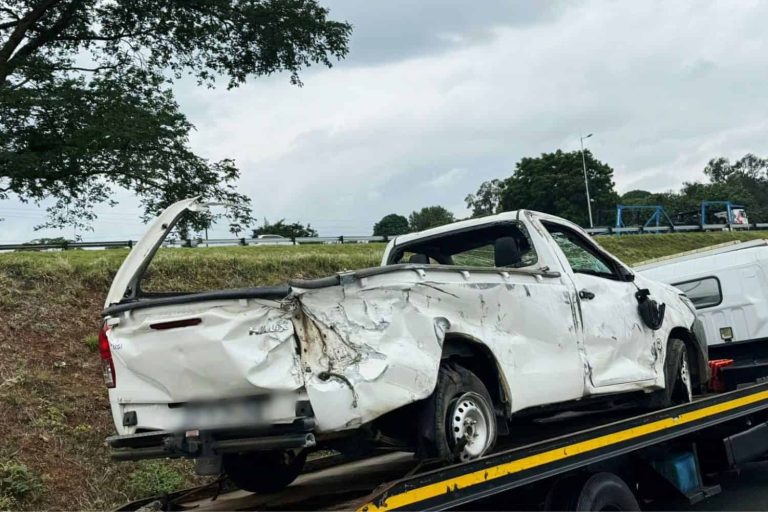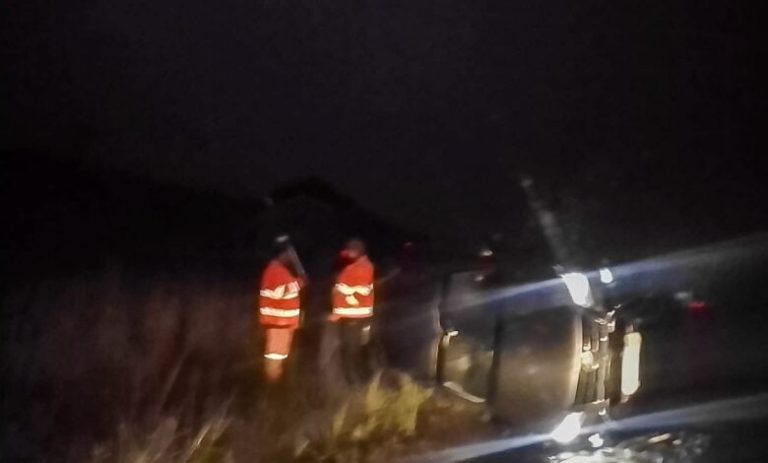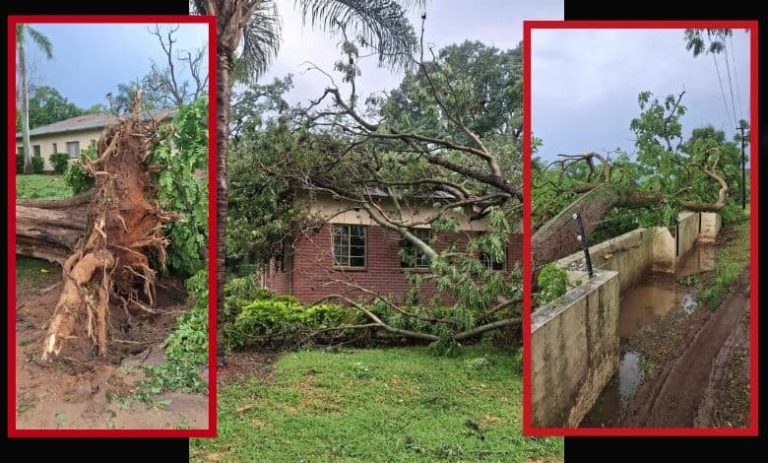
Twelve northern governors, senior judges, and influential traditional rulers may soon face sweeping US sanctions as American lawmakers push forward a bill alleging complicity in what they describe as “Christian genocide” and systemic persecution under Nigeria’s Sharia and blasphemy laws.
The development follows the recent designation of Nigeria as a Country of Particular Concern (CPC) by US President Donald Trump, who has also instructed Secretary of State Marco Rubio to take immediate action.
Trump escalated the tension on Friday with a post on Truth Social, lamenting what he called the mass killing of Christians in Nigeria.
He directed Congressman Riley Moore, along with Chairman Tom Cole and the powerful House Appropriations Committee, to urgently investigate and brief him.
At the heart of the storm is the Nigeria Religious Freedom Accountability Act of 2025, sponsored by Republican Senator Ted Cruz.
The bill classifies Nigeria as a CPC for religious persecution and proposes direct sanctions against government officials and religious authorities accused of enabling—actively or passively—violence against Christians and other minorities.
The sanctions, to be executed under Executive Order 13818 (the Global Magnitsky Human Rights Accountability framework), include visa bans, asset freezes, and sweeping financial restrictions.
Sanctions to Target Governors, Judges, Traditional Rulers
Under the bill introduced on September 9, 2025, the US Secretary of State must, within 90 days of passage, submit to Congress a list of Nigerian individuals—governors, judges, and key monarchs—alleged to have “promoted, enacted, or maintained blasphemy laws” or “tolerated violence by non-state actors invoking religious justification.”
This move revives debates dating back to December 2020, when Nigeria was first designated a CPC by the US State Department over alleged egregious violations of religious freedom, jihadist violence, and ethno-religious conflicts often complicated by local judicial processes.
Sharia Implementation in Northern Nigeria Back Under Scrutiny
The bill places significant focus on the adoption and expansion of Sharia criminal law across northern Nigeria. While Sharia has long governed personal and family matters for Muslims, the turning point came between 1999 and 2000 when 12 northern states—beginning with Zamfara under Governor Ahmad Sani Yerima—expanded it to cover criminal offences and public morality.
These states include Zamfara, Kano, Sokoto, Katsina, Bauchi, Borno, Jigawa, Kebbi, Yobe, Kaduna, Niger, and Gombe.
Meanwhile, states such as Kwara, Benue, Kogi, Nasarawa, Taraba, Plateau, and Adamawa retained the secular legal system for criminal matters, restricting Sharia to personal status issues for Muslims.
Recently, tensions rose when the Sharia Council announced plans to operate in parts of the South—starting with Oyo and Ogun. Clashes erupted between Christian and Muslim groups before the council clarified that it intended only to set up advisory arbitration panels, not courts.
Defending the bill, Senator Cruz accused Nigerian authorities of “institutionalising Sharia law and enabling jihadist violence,” citing figures claiming more than 52,000 Christian deaths since 2009, along with the destruction of 20,000 churches and religious institutions.
FG Counters US Claims: “Nigeria Does Not Persecute Christians”
In a strongly worded response, the Nigerian Federal Government dismissed the bill’s allegations as inaccurate and misleading.
In a detailed policy note titled “Nigeria’s Constitutional Commitment to Religious Freedom and Rule of Law,” the Ministry of Foreign Affairs insisted that the nation remains a constitutional, multi-religious democracy governed by the 1999 Constitution.
According to the statement:
Nigeria does not enforce nationwide blasphemy laws.
Sharia criminal codes apply only to Muslims in states that adopt them.
Non-Muslims cannot be tried under Sharia criminal provisions.
All Sharia decisions remain subject to secular appellate review.
No federal law criminalises blasphemy.
Public-order laws often labelled as “blasphemy provisions” abroad are religion-neutral and exist to prevent violence.
The government stressed that Christians freely build churches, run schools, operate NGOs, and hold public office across all regions. It condemned the narrative that Nigeria tolerates religiously motivated violence, noting that Boko Haram and ISWAP remain proscribed terrorist groups with ongoing arrests, prosecutions, and deradicalisation programmes.
Many attacks framed internationally as “religious,” the government argued, stem from terrorism, banditry, and long-standing resource conflicts, not official persecution.
Nigeria Slams US Draft as “Legally and Factually Flawed”
The policy note criticised the proposed US legislation for collapsing Nigeria’s complex legal systems—federal, state, statutory, and Sharia—into a “single, inaccurate frame,” while misrepresenting public-order laws as theological blasphemy statutes.
It reaffirmed that all Nigerian laws operate under the supremacy of the Constitution and the country’s international human rights obligations, including the ICCPR and African Charter.



